Summer Scour Syndrome
On this week’s animal health page we take a look at summer scour syndrome, its causes and treatment options in dairy beef calves. In recent years the incidences of summer scour syndrome have risen in calves.
This is a syndrome of unresponsive severe diarrhoea, rapid dehydration and wasting in weaned dairy calves at grass.
If you have calves with symptoms, talk to your vet and rule out other possible causes first. Once identified, review your weaning protocols and the grazing area for the calves. More mature grass pastures might be more suitable.
In severe cases, the management of affected calves involves re-housing and transitioning onto the original ration and feeding hay.
Rush Control
Under cross-compliance as part of the Basic Payment Scheme, farmers have to demonstrate that their land is in a grazeable condition. This means controlling rushes in heavily infested areas of grassland.
Applying herbicide to fresh re-growth will achieve a better rush kill. MCPA is an effective treatment, but use the recommended rates and ensure that no heavy rain is forecast after spraying.
Glyphosate can be used via a weed licker, but care is needed as it could kill some grass if applied incorrectly. Rushes should be left for about four weeks after spraying/licking before being topped.
Rushes will occur in areas with poor drainage and low soil fertility. A soil test will provide a better assessment of what fertiliser and lime is required. Planned drainage works will also help aid long term control.
RedWater
This time of year always brings cases of redwater, especially where we get a sudden change in weather. The risk is highest during the summer when the ticks are most active but it can occur anytime, so it’s important to be vigilant for signs of this disease.
Wet weather conditions mean animals look for shelter in rougher areas of a farm and pick up ticks easily. Bought in cattle are more prone to redwater because they may not have built up immunity as younger cattle.
Ticks are more likely to be present in land with scrub, rushes and gorse so use homebred stock to graze these areas if you can.
Herd stock regularly and look out for symptoms like red urine, dullness, no appetite, high temperatures, weakness, anaemia and animals standing away from the herd.
Veterinary advice should be sought in suspected cases. Animals can be treated to prevent redwater. Animals grazing rough areas of the farm should also be treated with an ivermectin based pour on to help control ticks.
Stock Bulls
Keep a close eye on stock bulls and record as many heats and serves as you can to avoid any surprises at scanning time. Newly purchased young bulls shouldn’t be going out with more than 15-20 cows in the first season.
Make sure the bull has received the same vaccinations as cows. Most scanners can pick up pregnancies from 30-35 days, so if in doubt book a scan to make sure everything is going to plan.



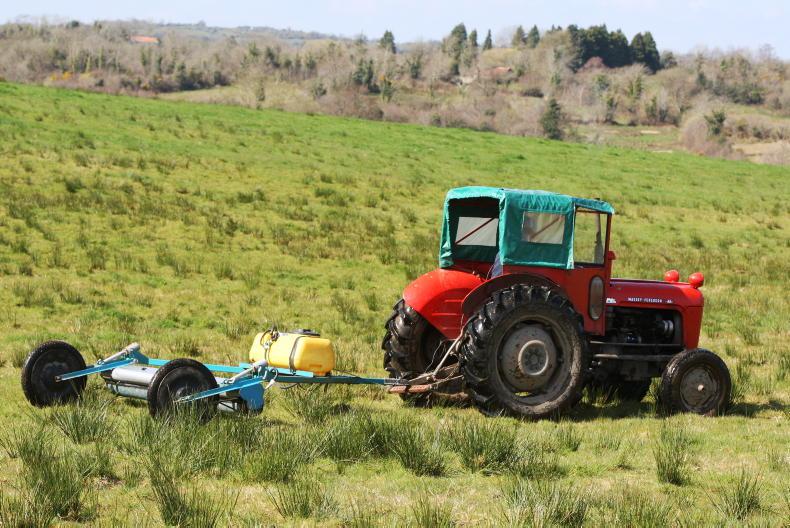
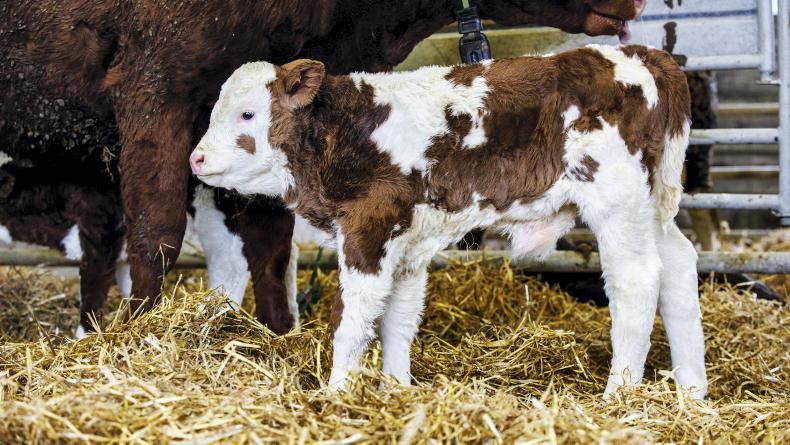

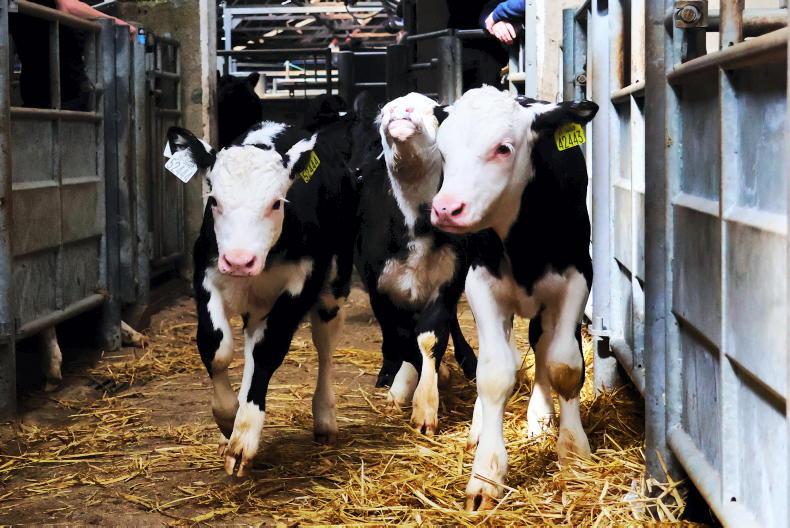
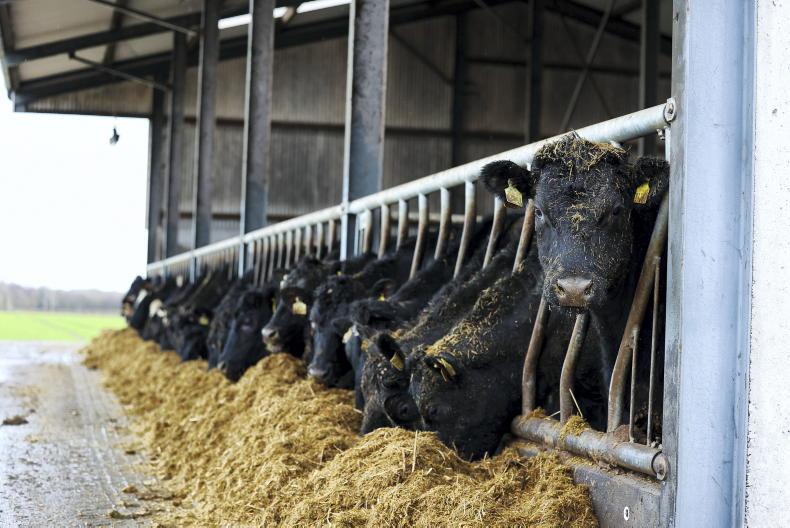
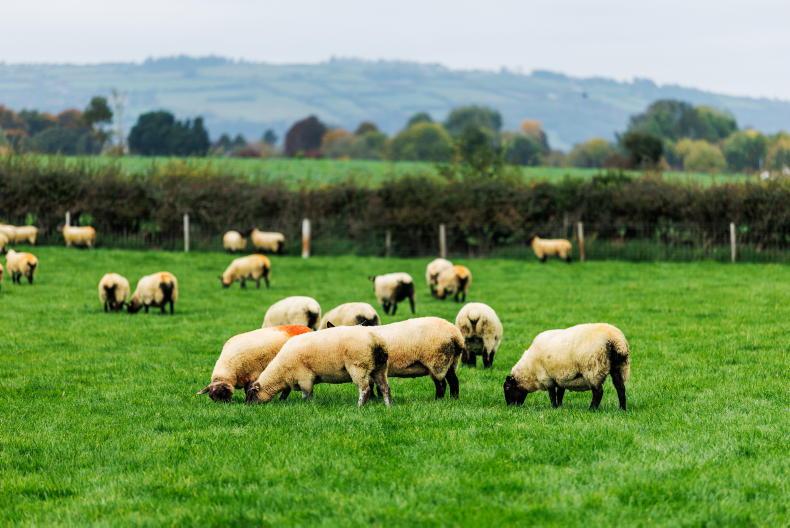
SHARING OPTIONS